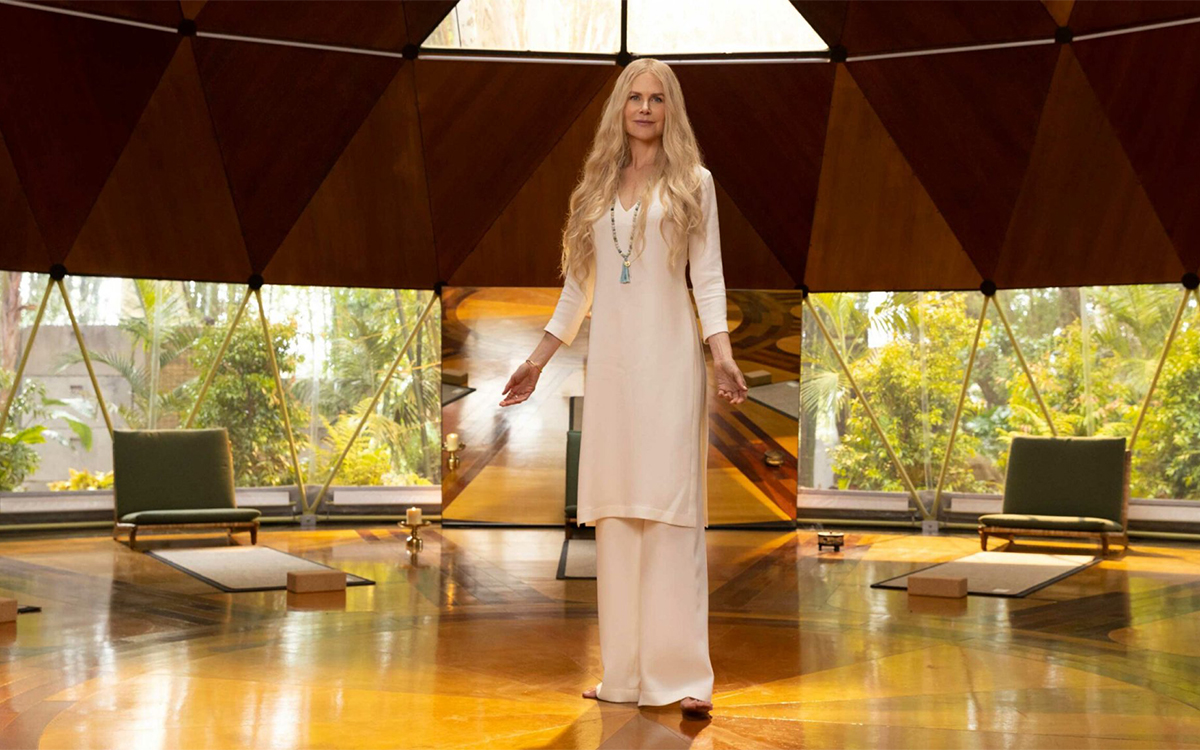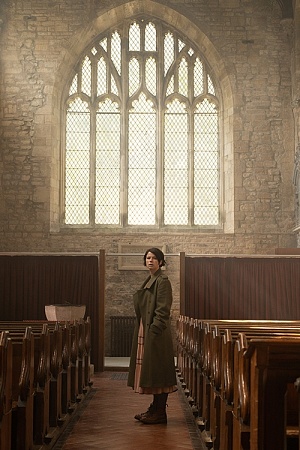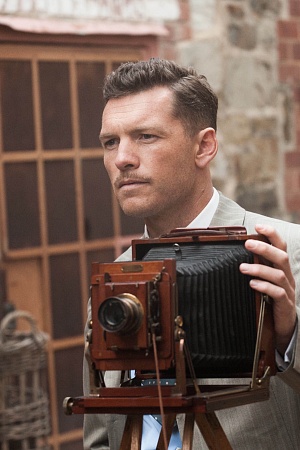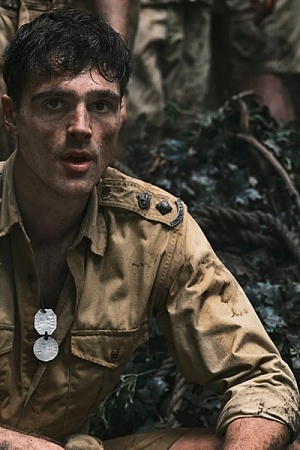Nine Perfect Strangers

Picture this: a taut, ninety-minute thriller featuring some of Hollywood’s biggest names, based on a bestseller from a literary big-hitter. A slow-burn mystery about a group of wealthy strangers, each with their own dark secrets and buried traumas, arriving at a boutique wellness spa for a ten-day retreat. Nicole Kidman starring as the enigmatic, ethereal Russian wellness guru Masha Dmitrichenko, who has specifically chosen these guests to carry out a series of risky experiments involving cutting-edge psychotherapy and mind-altering drugs. An hour and a half of rich character drama and suspense that builds to an intriguing philosophical twist. Now imagine that same story, stretched well beyond the longevity of its initial premise to a bloated eight-hour runtime, robbing it of coherent structure and narrative tension. An unwieldy hydra of tone and storytelling style. An exasperating parade of superficial soul-baring and perfunctory plot table-setting, leaving its exceptional cast treading water week in, week out. There you have Hulu’s recently concluded Nine Perfect Strangers, a show that epitomises the era of Peak TV while simultaneously embodying a compelling argument against it.
Continue reading for only $10 per month. Subscribe and gain full access to Australian Book Review. Already a subscriber? Sign in. If you need assistance, feel free to contact us.















Leave a comment
If you are an ABR subscriber, you will need to sign in to post a comment.
If you have forgotten your sign in details, or if you receive an error message when trying to submit your comment, please email your comment (and the name of the article to which it relates) to ABR Comments. We will review your comment and, subject to approval, we will post it under your name.
Please note that all comments must be approved by ABR and comply with our Terms & Conditions.